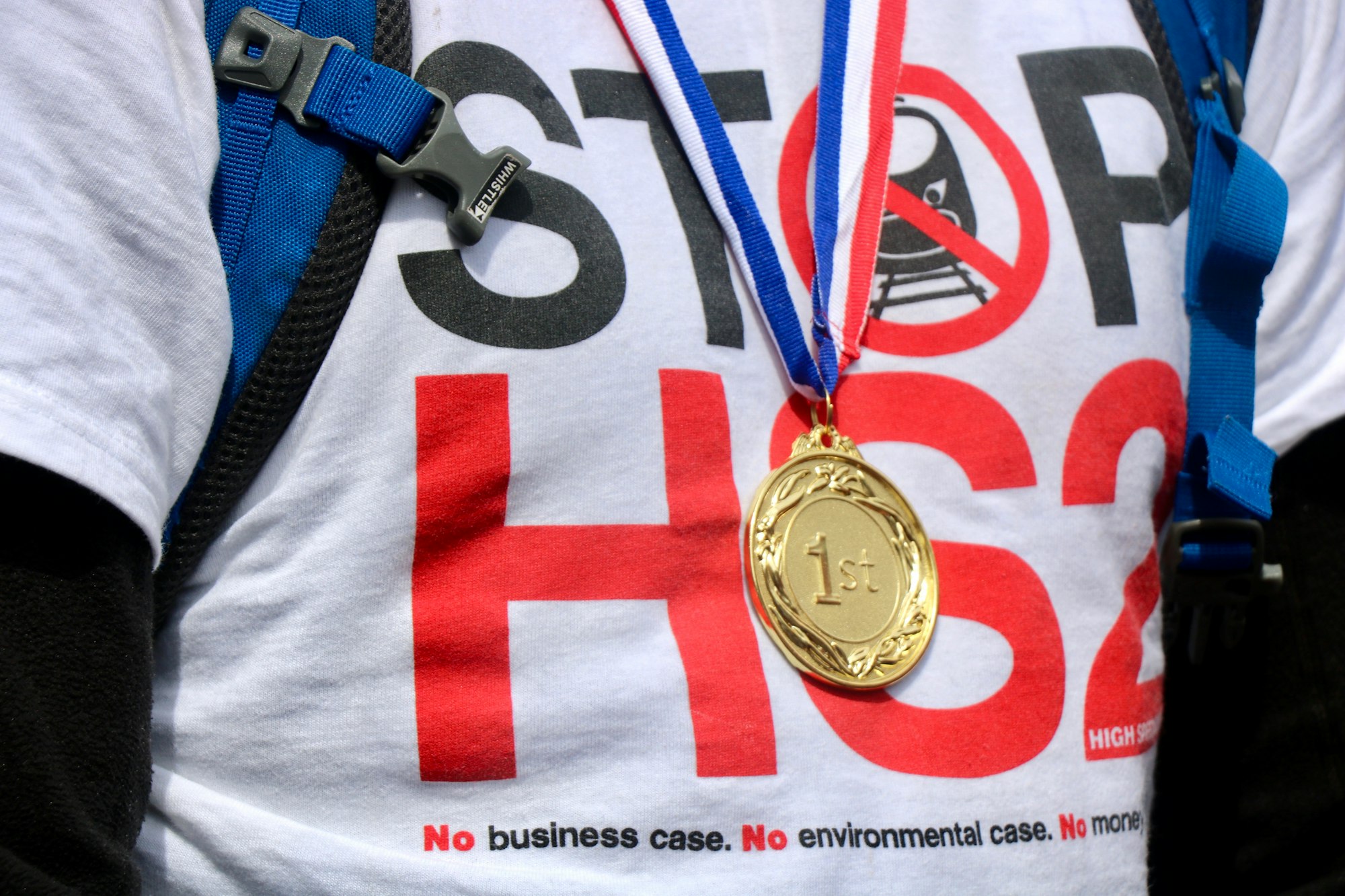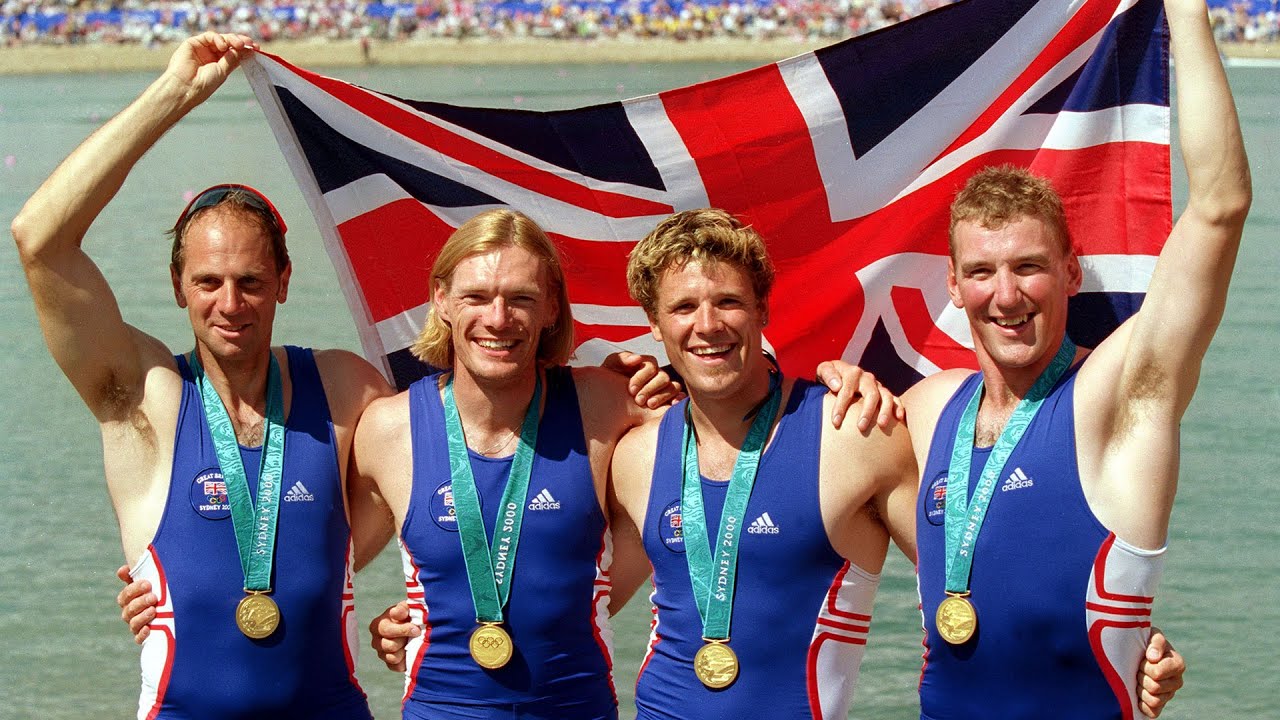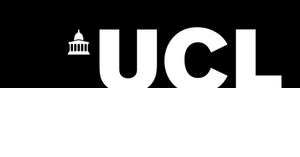The 'If-Then plan'
Achieving big goals and building the future that you prefer takes a different kind of thinking.

Until the 2000 Olympic Games in Sydney - the British had a pretty average rowing team; they hadn't won a medal since 1912.
In 2000 however the team tried a new tactic to achieve success.
They decided to get very clear about what it is that they wanted and chose to define their goal with just two words:
WIN GOLD
But stating an audacious future goal and actually achieving it, are two wildly different challenges.
Research shows that 'the correlations between intentions and behaviour change are modest, in that intentions account for only 20% to 30% of the variance in behaviour.'
So other than just an inspiring, clear and believable goal, the team needed something in addition to ensure that their behaviour leading up to the games would keep their minds and actions on the prize.
That intervention was to adopt an 'If-Then plan' (also known as an 'implementation intention'), which is a simple mental framework, which helps you stay on track when the inevitable temptation to go off-track arises. An 'If-Then plan' helps when the going gets tough and ordinary people would simply give up on the goal.
By having a clear goal as well as a clear and logical process (that takes into account the difficulty of the task at hand) to achieve the goal, the statistical probability of achieving the goal increases significantly.
An 'If-Then plan' works to keep you on track by giving you a resolution to issues before they come up.
IF {situation} THEN I will {behaviour}.
IF X happens, THEN Y is how I will respond.
In the case of the 2000 British rowing team they had a very simple, one-question test as their 'If-Then plan'.
With every decision they needed to make leading up to the games, every member of the team asked themselves: "WILL IT MAKE THE BOAT GO FASTER?"
For example:
'Should we spend an entire Saturday killing ourselves on the ergometer?' "WILL IT MAKE THE BOAT GO FASTER?" - Yes.
'Should we go out drinking tonight?' "WILL IT MAKE THE BOAT GO FASTER?" - No.
Unless an action or activity would clearly benefit the team in the water on race day - they didn't do it.
Simple.

The team won gold in Sydney and made history.
Now regular readers of this site will be well aware that we are particularly partial to stories from the worlds of sport and music as sources of inspiration when looking for concrete examples of how different types of thinking can affect outcomes.
Some might argue that the mindset required of an Olympic rowing team is far more extreme than what you would ordinarily find in a marketing team that works for an insurance company.
The point however is that achieving big goals and building the future that you prefer takes a different kind of thinking than the type that got you to where you are now.
Everyone can certainly get better at being more intentional, better at getting very clear as to what it is that you want to achieve, and better at adopting a process that recognises that the road along the way will be tough and planning around that before setting off.
/https%3A%2F%2Fspecials-images.forbesimg.com%2Fimageserve%2F5f27267b2591e167258dbc2b%2F0x0.jpg)




